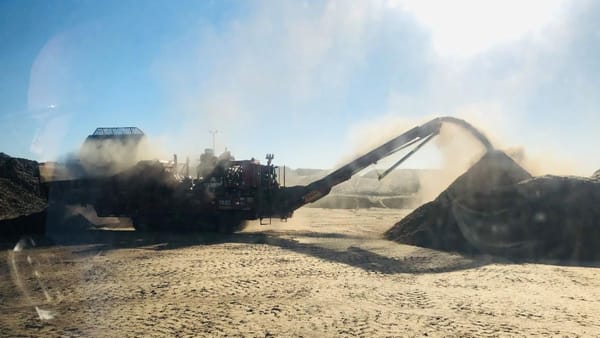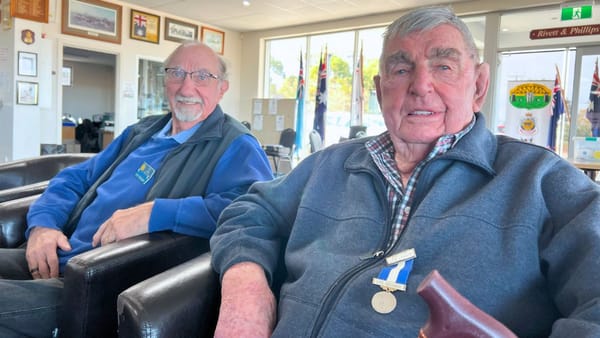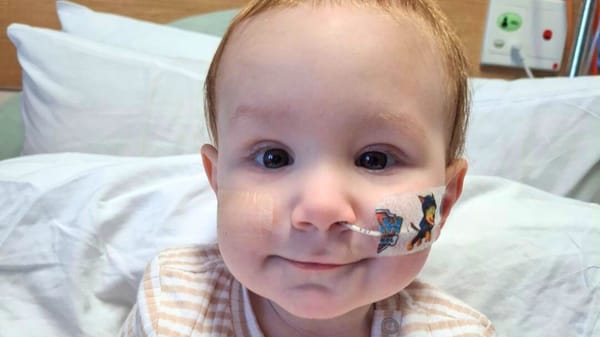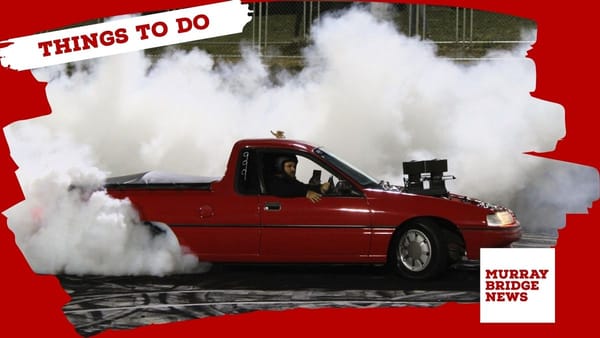Ridesharing services will soon be allowed in the Murraylands – but at what cost?
New transport services could put local taxi operators out of work, one says.
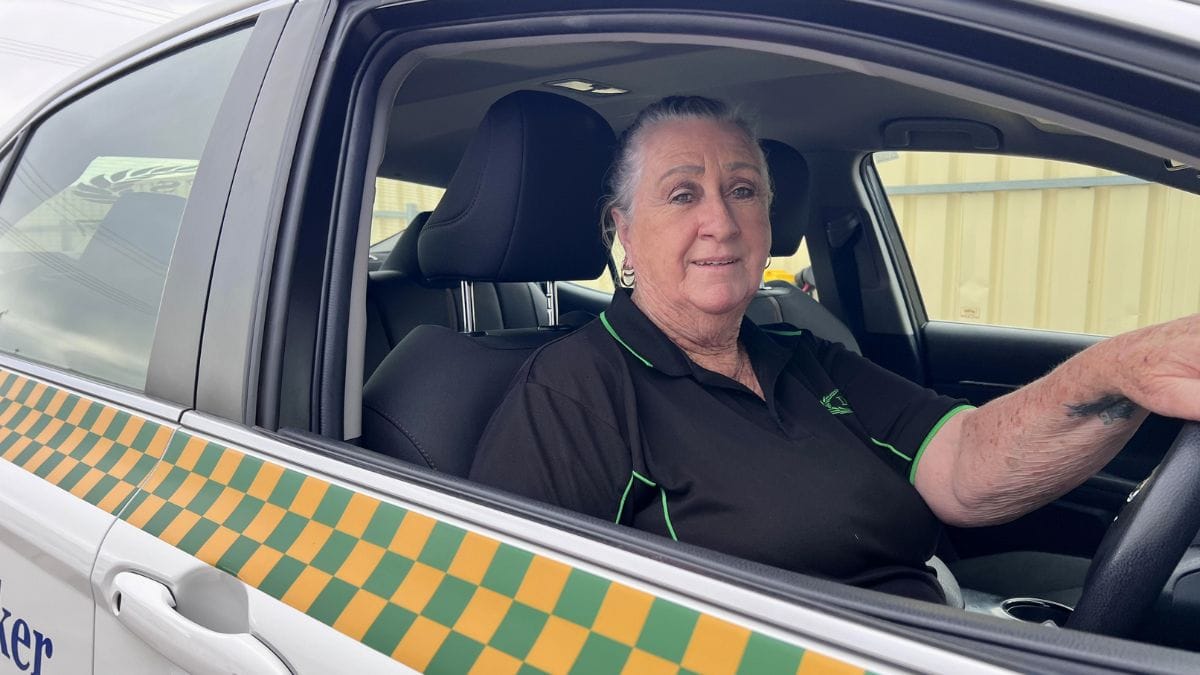
This story is now free to read. Help Murray Bridge News tell more stories like this by subscribing today.
The state government has recommended allowing ridesharing services such as Uber to operate in regional South Australia for the first time – but not everyone is happy about it.
It would be exciting for regional residents to finally be connected to new, convenient forms of transport.
But local taxi services may be negatively affected by the newly proposed changes to the state's Passenger Transport Act.
Helen Hanson, manager of Des's Murray Bridge taxi service, said Uber and its competitors would put locals out of work.
"I feel it's going to be the younger generation that's going to (use) Uber," she said.
"It will affect the night drivers and some day drivers because of the cheaper expenses, but it's not as safe."
Ms Hanson said rideshare services lacked the safety features and checks that taxis repeatedly went through.
"We know our people ... this is part of being a taxi driver," she said.
"Uber's not going to be able to do that.
"We're building here, we've got 18-20 drivers now, we've got more cars and the town's getting busier."
Taxi services like Des's ran 24-seven, Ms Hanson said, so they were always on the road and ready to provide locals with the best service possible.
Her taxi services in the community ranged from school runs and trips with the elderly to kids with disabilities and individuals in the community with special requirements.
"We go everywhere, one driver's been to Warrnambool ... we've got a special needs child that goes from Mount Barker to (Murray Bridge) every morning; we get people to hospital and home," she said.
"This is what our service is about: caring for our people, knowing our people and looking after them."
Taxis based in Murray Bridge were serviced and had their tyres checked locally, putting more jobs into the community.
"We need our taxis; we don't need Uber," Ms Hanson said.

The taxi industry has long called for support to address the impact rideshare services have had on its profits, and will get it in the form of taxi licence buybacks worth $200,000 for a first licence and $10,000 for up to five additional licences.
Other key recommendations by the government include:
- removing the cap on taxi licenses able to operate in Adelaide
- adding more rules to enforce compliance
- vehicle inspections
- cameras in all point-to-point vehicles
Infrastructure and Transport Minister Tom Koutsantonis said the challenges facing the taxi industry were adversely impacting both industry stakeholders and customers.
"This holistic departmental review of point-to-point services highlights the urgent need to transition the taxi industry into a modern, fit for purpose regulatory structure with a focus on the safety of drivers and all passengers," he said.
"The government intends to adopt all recommendations of this landmark review, but we will consult with stakeholders before legislating."
Opposition MP Ben Hood said the taxi industry had been thrown under the proverbial bus when rideshare came into the state.
But he questioned the government's response.
“Business owners and those engaged in tourism and hospitality are screaming out for the introduction of rideshare services in the regions, so it is welcome news that one of the recommendations is to remove those barriers," he said.
“We are not against the Labor government finally admitting to failing the taxi industry, or providing support, but in the middle of a cost-of-living crisis, how can it justify passing the cost onto consumers?"
- More information: yoursay.sa.gov.au.


